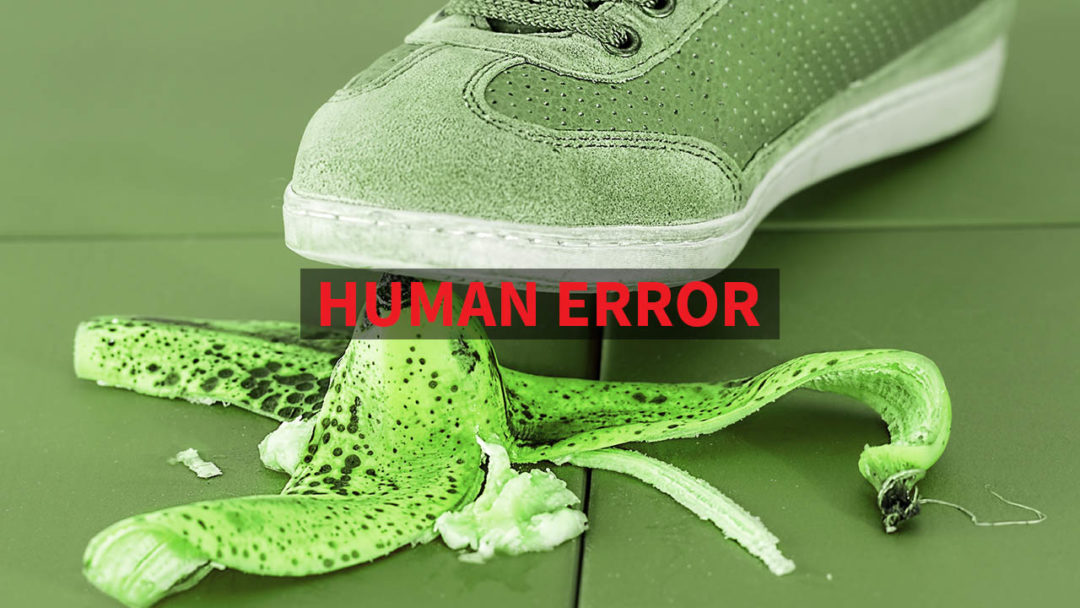
The Irish News has reported that a major data breach has exposed every serving officer’s personal data online. Almost 10,000 officers and staff members have been affected.
For almost three hours, several types of personal metadata were available for the general public to see. Authorities believe undercover officers could have been exposed, and may be unable to continue their work. In general, a rise in the risk of terrorist attacks against serving officers is feared to have increased.
The data breach happened after a freedom of information request led to an unfortunate, self-inflicted error. No foul play has been suspected, but the damage is major and widespread.
In all workplaces, the importance of data protection cannot be overstated. We all handle vast amounts of sensitive information on a daily basis. Steps can be taken to safeguard and protect information, but human error remains a significant vulnerability that can lead to data breaches.
Read more
